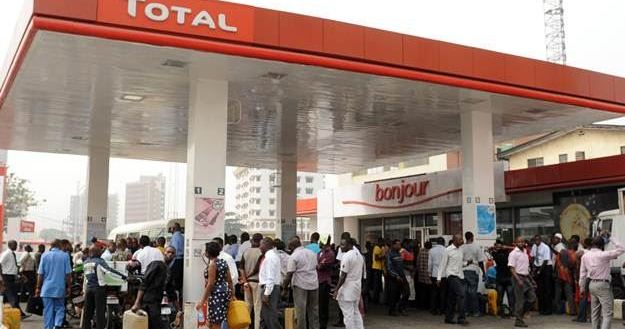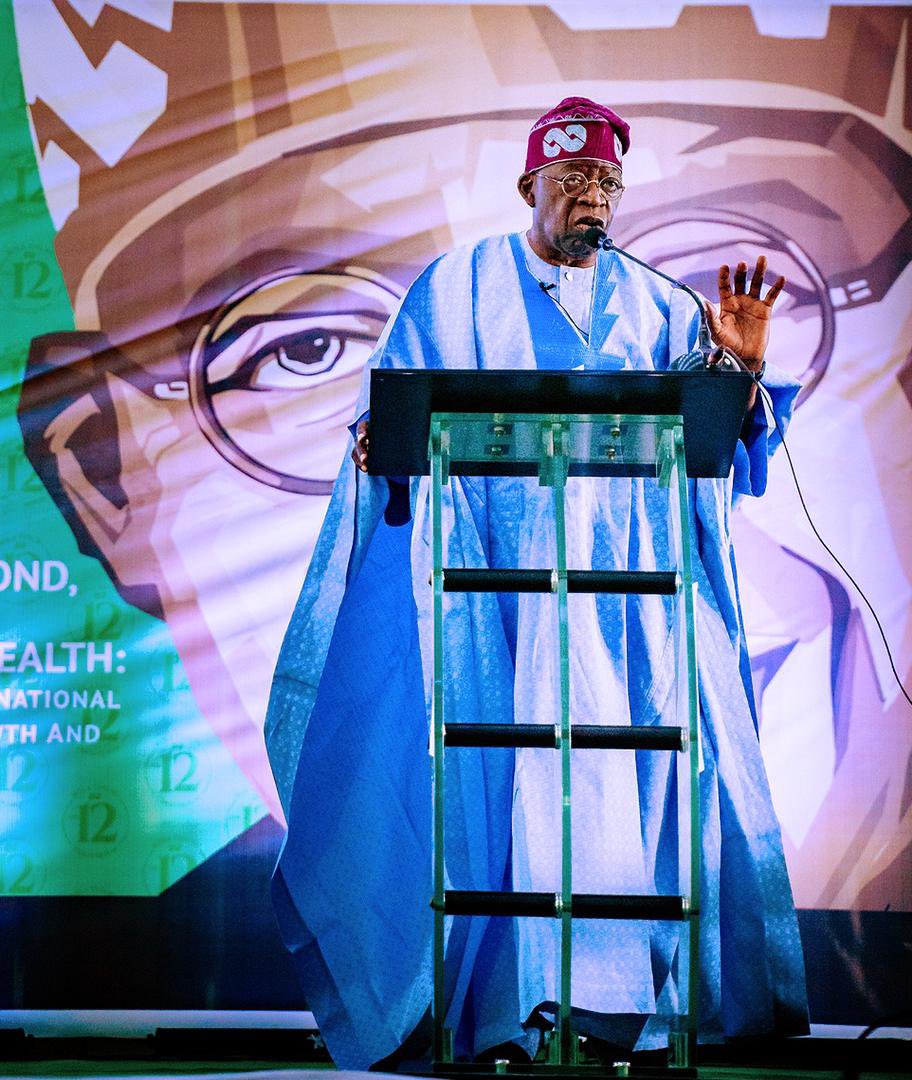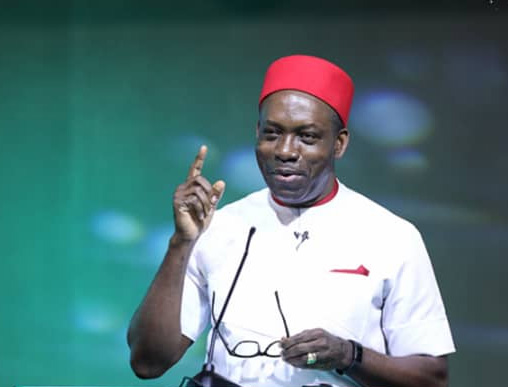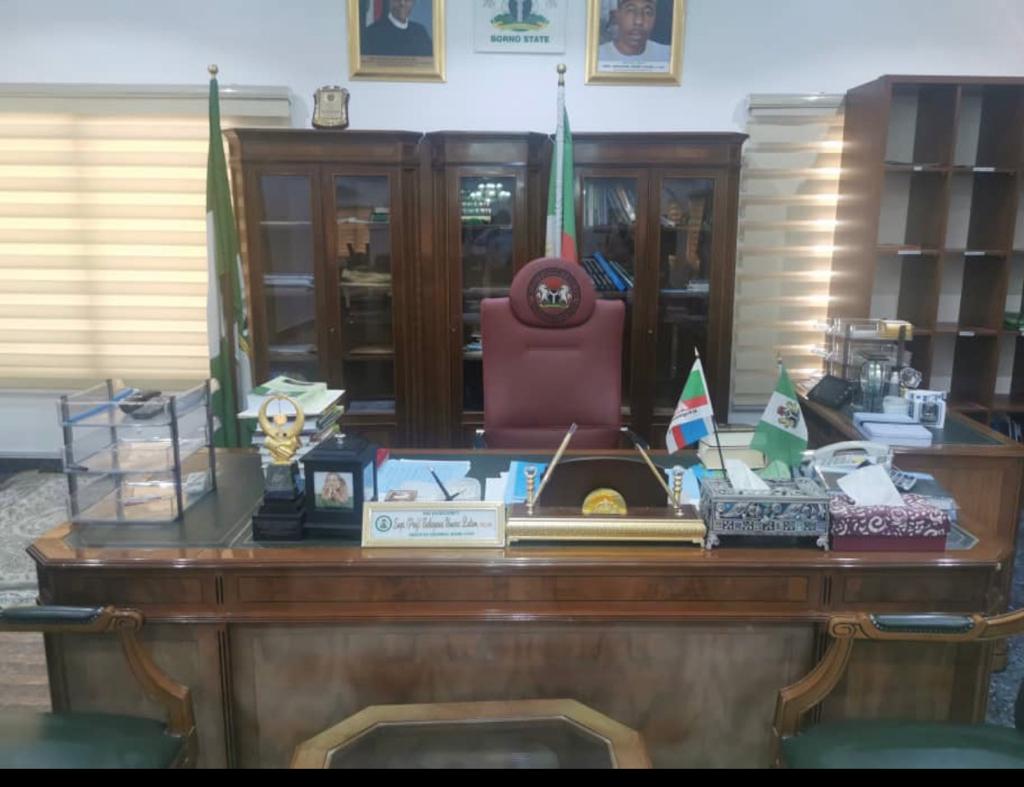BY IYANUJESU OGUNTUNJI
The federal government announced the suspension of the fuel subsidy removal on January 24. Zainab Ahmed, the minister of finance, indicated that removing the subsidy at this time would be problematic and would exacerbate the hardship Nigerians are facing. Prior to Monday’s announcement, the federal government had considered removing the subsidy, which would take effect in July, considering the amount of money spent on the subsidy and its financial implications.
Given the adverse effect that the subsidy removal will have on citizens, particularly the lower and middle classes, it is fair to call the planned subsidy removal a bad decision at this time. The removal of the subsidy will drive up the price of premium motor spirit, resulting in higher transportation fares, increased inflation rate, reduced buying power and a surge in poverty. Hardship will inevitably intensify due to this, especially given the current level of inflation.
The main motive for the introduction of fuel subsidy in the 1970s was to alleviate citizens’ economic hardship. In comparison to other developmental programmes, the federal government spends a lot of money on subsidies. The government spends roughly N120 billion every month on fuel subsidies, according to Mele Kyari, group managing director of the Nigerian National Petroleum Corporation (NNPC). In 2018, the government spent $2.4 billion on fuel subsidies, which was less than the $1.5 billion it spent on the health sector that same year. If the government insists on removing the fuel subsidy, it is only prudent to invest the funds appropriately in infrastructure, health and transportation.
Advertisement
It is worth noting that section 53(7) of the PIA prohibits the federal government from interfering in the business of NNPC Limited. The operations of the NNPC will be conducted entirely on a commercial basis, without recourse to government funds. For the government to successfully remove the subsidy without provoking severe reactions from citizens, it must earn the citizens’ social trust that the funds to be used for the subsidy will be judiciously deployed to productive sectors and that the proceeds of the funds will be accountable.
Nigeria is one of the world’s major oil producers, with an estimated 37.2 billion barrels of proved oil reserves, but it is also one of the world’s largest consumers of refined goods, accounting for more than 7% of Africa’s refined product consumption — ironic! This necessitates the rehabilitation of the country’s refineries to produce oil products locally. When shipping, transportation costs and foreign exchange rates are excluded, this will result in a lower price for oil products, including petrol. Fuel prices will not be high since the economic cost of supply is lower, and the government will not be required to pay the deficit or subsidy.
Also, the federal government might want to consider enhancing the electric power sector because if electricity is stable, there will be less reliance on fuel for generators and the use of electric vehicles will be encouraged even more.
Advertisement
Iyanujesu Oguntunji, a corporate commercial lawyer, writes from Lagos.
Views expressed by contributors are strictly personal and not of TheCable.
Add a comment






